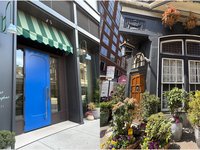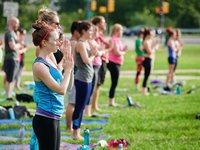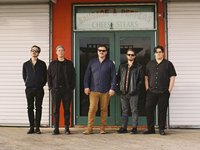The white supremacist Ku Klux Klan has received approval from South Carolina officials to hold a pro-Confederate flag rally at the state capitol, a newspaper reported on Monday, less than two weeks after a white man shot dead nine people in a black church.
The suspect in the church shooting, 21-year-old Dylann Roof, has confessed to the killing. He had previously posted a racist manifesto online as well as photos of him posing with a Confederate flag, a Civil-War era banner associated with slavery and seen by many as a symbol of racist oppression.
The shootings on June 17, in which all nine victims were black, unleashed shockwaves across the United States and triggered calls for South Carolina to stop displaying the Confederate flag on the statehouse grounds.
South Carolina Governor Nikki Haley has called for the flag's removal, and told the Post and Courier that she did not endorse the Klan's planned rally.
But according to the newspaper, the South Carolina Budget and Control Board approved an application filed by the "Loyal White Knights" chapter of the Ku Klux Klan for a July 18 rally in favor of the flag.
Budget and Control Board spokesman Brian Gaines told the newspaper that space to demonstrate was provided at the site when not already reserved.
The state capitol is located in South Carolina's capital, Columbia, about 115 miles (185 km) northwest of Charleston, home to the Emanuel African Methodist Episcopal Church where the shootings occurred.
The Southern Poverty Law Center, which monitors extremist organizations, lists the Loyal White Knights as an active group within the white supremacist Ku Klux Klan.
With roots reaching back to the Civil War, the Klan is known for its white robes and pointed hoods and for its acts of violence and intimidation against African-Americans, including cross burnings and killings.
An answering machine for the South Carolina chapter referred to Roof as a "warrior," according to the Post and Courier.
Federal authorities said on Monday they are investigating a spate of fires at predominantly black churches across the southern United States, though so far no link between the incidents has been established.
In past year, race relations have been increasingly under the spotlight in the United States amid growing anger over frequent deaths of unarmed black men at the hands of law enforcement, leading to demonstrations and occasional unrest.






